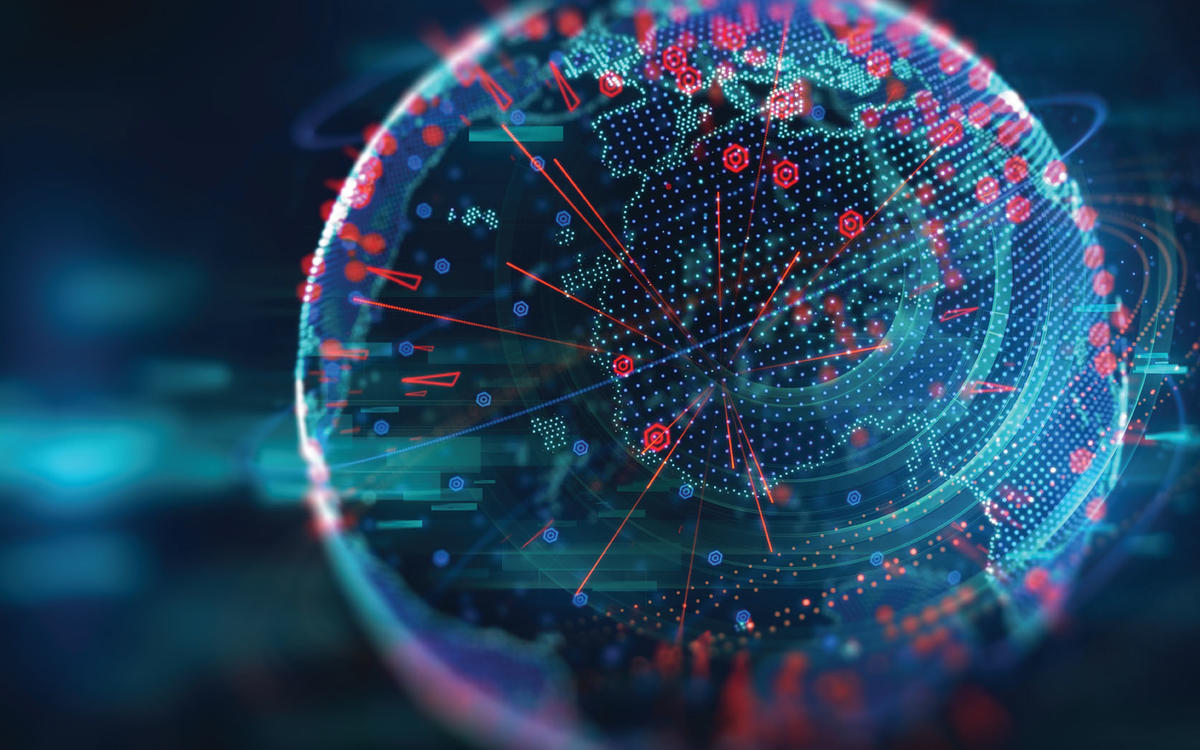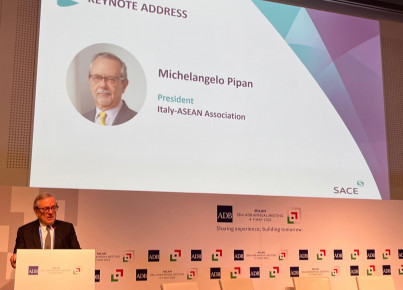The particularity of ASEAN's cybersecurity activism is related to its close collaboration with international organizations and especially INTERPOL
By Emanuele Ballestracci
Cyberspace is a global digital network that is embedded in every aspect of modern daily life. It includes not only the Internet, but also the critical infrastructures that support modern societies, such as power grids, water supply systems, banking transactions, and transportation systems. Over the past two decades, the rapid evolution of cyberspace has affected the way societies communicate and interact in the political, economic and social spheres. Since 1988 with the creation of ICANN, therefore, the first attempts to create a global Internet governance system, initially focused on managing technical aspects, have emerged. As cyberspace has expanded, especially since the beginning of the new millennium, attempts to regulate this “new” dimension of public and private life have increased exponentially.
Today there is a constellation of public and private initiatives for the multilateral management of cyberspace, the promotion of cooperation among various stakeholders and the protection of individual users. In recent years, particular attention has been given to the issue of cybersecurity, and almost all regional organizations have launched initiatives in this regard. However, the initiatives of the various G7, NATO, BRICS, Arab League and Eurasian Union have in common the defect of limited collaboration with international organizations, despite their great activism on the subject. Indeed, the United Nations has over the years launched a long series of working groups and conferences to revitalize global governance in this field. INTERPOL through its Global Cybersecurity Program also aims to be an effective partner in fighting crime in cyberspace. However, all these initiatives are not being adequately leveraged by states and regional organizations, with the only exception of ASEAN.
In 2016, ASEAN launched its first cybersecurity initiative: the ASEAN Cyber Capacity Program. The Program focuses on building the technical, legal, and institutional capacity of member countries to address cybersecurity challenges. It also provides training, knowledge sharing, and resources to support regional cooperation and coordination in addressing cyber threats. In 2017, the Program was followed by the publication by the ASEAN Cybersecurity Cooperation Strategy, which is four years in duration and renewed in 2021. The first Strategy focused on strengthening the cooperation and capacity building of national CERTs (Emergency Cyber Response Teams) and coordinating regional cybersecurity cooperation initiatives. The goal was to increase regional cyber capabilities against evolving and increasingly sophisticated cyber threats while avoiding duplication of resources. A regional CERT reporting directly to ASEAN was also established. The second Strategy, in continuity with the first, focuses on five main dimensions: promoting cooperation on cyber readiness; strengthening regional policy coordination; building trust in cyberspace; regional capacity building; and international cooperation.
However, as mentioned earlier, the particularity of ASEAN's cybersecurity activism is related to its close cooperation with international organizations and especially INTERPOL. The latter provides support to global law enforcement agencies in preventing and combating cybercrime through the promotion of greater cooperation and training of local officers. Thus, in 2018 INTERPOL established the ASEAN Cybercrime Operations Desk in order to address the growing cyber threats in the region. The ASEAN Desk is the regional hub for information and intelligence exchange on cybercrime. Through the capacity of INTERPOL's Cyber Fusion Centre and public-private partnerships it provides a range of strategic analysis products that enable ASEAN authorities to make effective decisions on preventing and combating crime in cyberspace. Also launched in 2020 is the ASEAN Cybercrime Knowledge Exchange Workspace, which enables law enforcement agencies to share nonoperational information such as best practices and open source information on threats in the region. Finally, also since 2020, the ASEAN Cyber Threat Assessment has been published annually. The report offers analysis and insights into the current cybersecurity risk landscape, as well as policy recommendations for future action.






